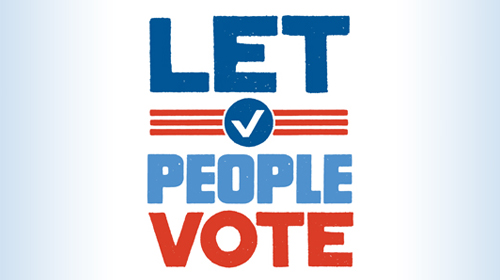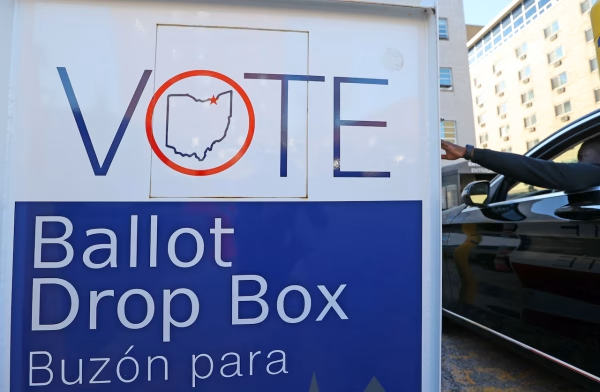Keeping Ohio’s Souls at the Polls: Sen. Durbin Holds Field Hearing on Ohio Voting Law



Listen to three prominent pastors talk about the importance of voting, and especially early voting, to their communities »
On Monday, May 7, the Senate Judiciary Subcommittee on the Constitution, Civil Rights and Human Rights will hold a field hearing in Cleveland, Ohio to examine the impact of Ohio’s new voting law, HB 194. Sen. Dick Durbin (D-Ill.), Chairman of the Subcommittee, will be joined by Sen. Sherrod Brown (D-Ohio), to learn more about how the impact of voter suppression in America’s heartland.
Reverend Emmitt Theophilus Caviness is one of many people the law would impact. In his 51 years as pastor of Cleveland, Ohio’s Greater Abyssinia Baptist Church, Caviness has spent decades advocating for voting rights in his community. During the 2008 presidential election, Caviness’ congregation was one of the many predominantly African-American churches to promote early voting through “take your souls to the polls” programs that arranged for church members to head to polling places immediately following Sunday services.
Caviness, who saw firsthand how the program gave more people in his community the opportunity to participate, explained why early voting is so important: “We should encourage people to vote. We should make it convenient and comfortable for them to vote so that the democratic process will serve the best interest of all people.” And in 2008, early voting did just that, by providing more flexibility for people with work and family responsibilities that make it difficult to get to the polls during prescribed hours on Election Day.
This was a great step forward from four years earlier. After Ohio voters waited up to 10 hours at polling places on Election Day 2004, the state wisely expanded options for early voting in 2006—giving people more options for casting ballots on their days off and spawning initiatives like the “souls to the polls” programs.
But now, the days of long lines at Ohio polling places may be back.
HB 194 drastically limits early voting, eliminates the requirement that poll workers help voters find the proper precinct, and makes voting absentee more difficult by preventing counties from mailing absentee ballot applications to residents. The law passed in June 2011, amidst a wave of state voter suppression laws that are threatening to turn back the clock on progress nationwide by placing new limits on early voting and voter registration efforts, and requiring ID in order to vote. All of these new laws place disproportionate burdens on African Americans, the elderly, people with disabilities, students, low-income and language minority voters.
HB 194 has not yet gone into effect in Ohio, and will not be in effect during this year’s presidential election. That’s because it will be the subject of a referendum on the November ballot, due to the tireless efforts of voting rights advocates, state legislators and labor unions, who worked together to ensure that the people of Ohio will have a voice in determining how their elections are run. For now, voters in Ohio will have the same opportunities to vote early as they did in 2008, but the future of those rights is extremely uncertain.
Monday’s field hearing will be the third Senate Subcommittee hearing examining the new wave of voter suppression laws, and the second time that the Subcommittee has travelled to a state that has been severely impacted by the recent trend, following a January field hearing in Florida.
Other Ohio voting rights advocates have already been speaking out about possible impact of HB 194 on early voting. According to Reverend Aaron Phillips of the Sure House Baptist Church, who has organized trips with his congregation to vote early on the Sunday before Election Day: “That would be devastating to us, not to have the ability to vote early and vote on Sunday when we take most of our congregation, and to get people to participate who would otherwise not be engaged. I think it’s a targeted tactic to suppress the African American vote.”
Read the ACLU of Ohio's statement calling on Congress to support efforts to combat laws that restrict the fundamental right to vote.
Take Action by asking Attorney General Holder to continue enforcing the Voting Rights Act so that every American can vote.
Learn more about voting rights: Sign up for breaking news alerts, follow us on Twitter, and like us on Facebook.


